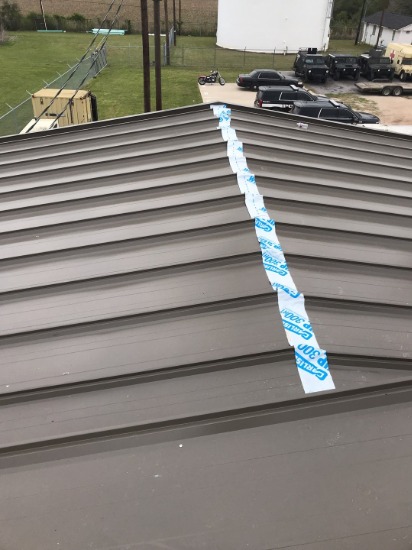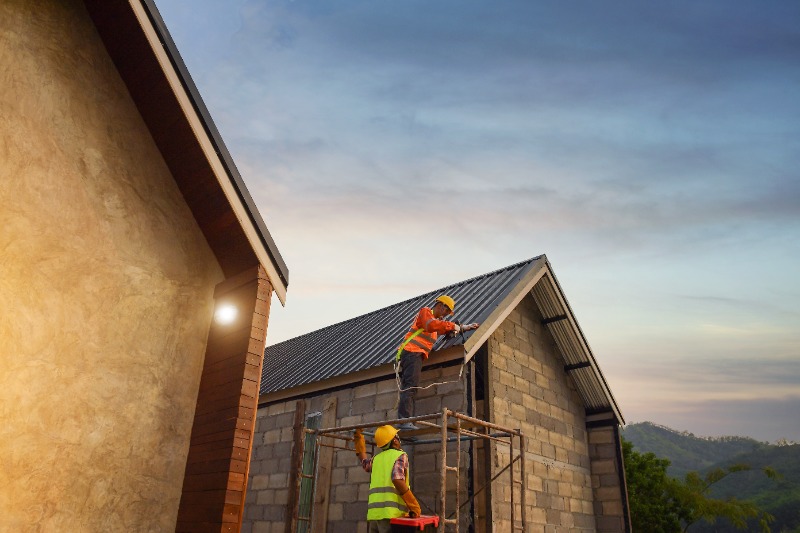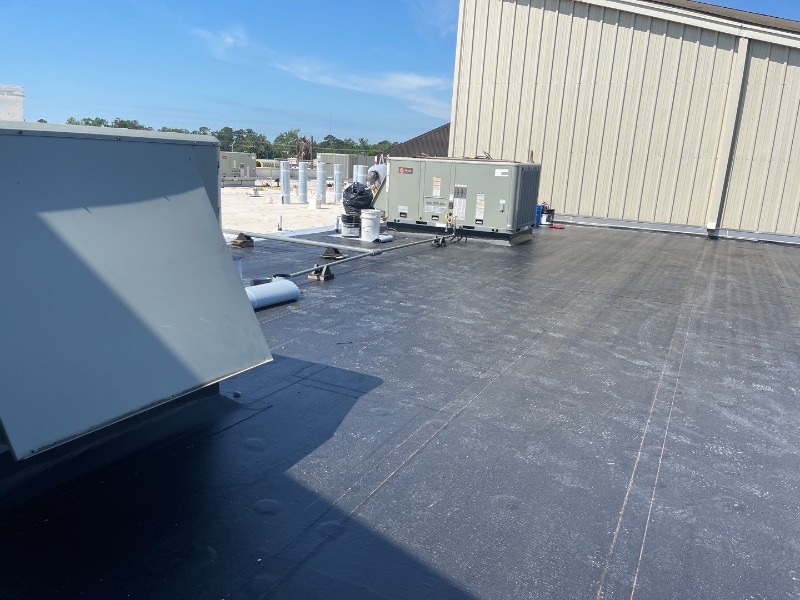
Roofing quality control stands as the cornerstone of a durable, resilient, and long-lasting roof. In the realm of construction, where precision and durability are paramount, the significance of maintaining strict quality control measures cannot be overstated. A roof, being a structure that shields us from the elements, requires the utmost attention to detail, ensuring its longevity and resilience.

Quality control in roofing encompasses a series of systematic procedures, right from the selection of materials to the final inspection. It begins with the careful selection of high-quality materials. Whether it's asphalt shingles, metal roofing, or clay tiles, the raw materials must meet rigorous standards to ensure durability. Once the materials are chosen, manufacturing processes must adhere to quality standards to prevent any defects or weaknesses in the final product.
Installation procedures are another critical phase in roofing. Quality control demands precise and skilled workmanship to install roofing materials correctly. Improper installation not only compromises the roof's effectiveness but also shortens its lifespan. Thorough oversight during the installation process is crucial to detect any errors or irregularities that might lead to future issues.
Regular inspections throughout the roofing process are fundamental. These assessments, performed by qualified professionals, help identify any deviations from quality standards and enable corrective measures to be implemented promptly. It's not merely about meeting minimum standards but ensuring that the roof surpasses them for exceptional performance and longevity.
In the current era, technology plays a significant role in roofing quality control. Advanced techniques like drones for aerial inspections, thermal imaging for leak detection, and software for project management have revolutionized the way we maintain control over the quality of roofing projects. These innovations offer more precise data, enabling better decision-making and a higher degree of accuracy in the assessment of roofing structures.
>> Related post: Exploring the Various Types of Roofing Materials
The benefits of stringent roofing quality control are manifold. A well-executed quality control process reduces the need for repairs and replacements, saving both time and money. It enhances safety, ensuring the roof's stability and reliability during adverse weather conditions. Moreover, a roof built with a focus on quality control adds value to the property, as it stands as a testament to the builder's commitment to excellence.
In conclusion, roofing quality control is not an option but a necessity. It's the backbone of a sturdy, long-lasting roof. The extra attention to detail, the insistence on high-quality materials, and the vigilance in installation and inspections are all crucial elements in ensuring a roof that not only protects but endures. Investing in quality control measures upfront ultimately saves both resources and stress in the long run.
Search


